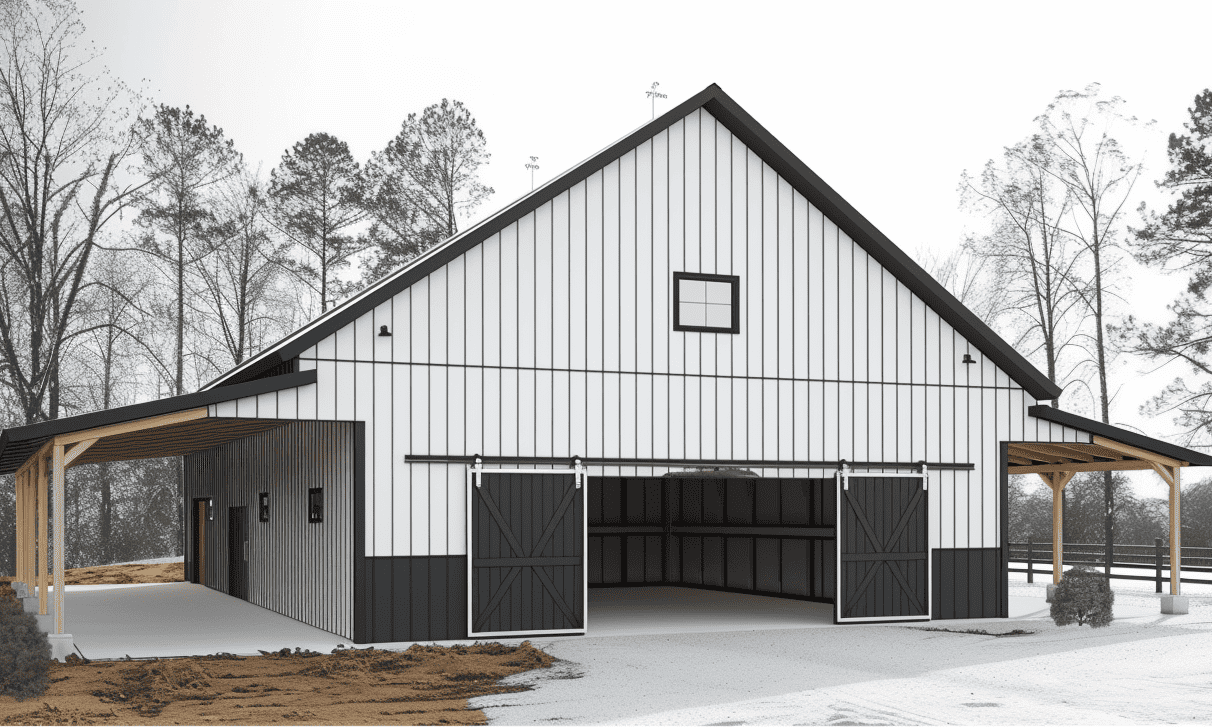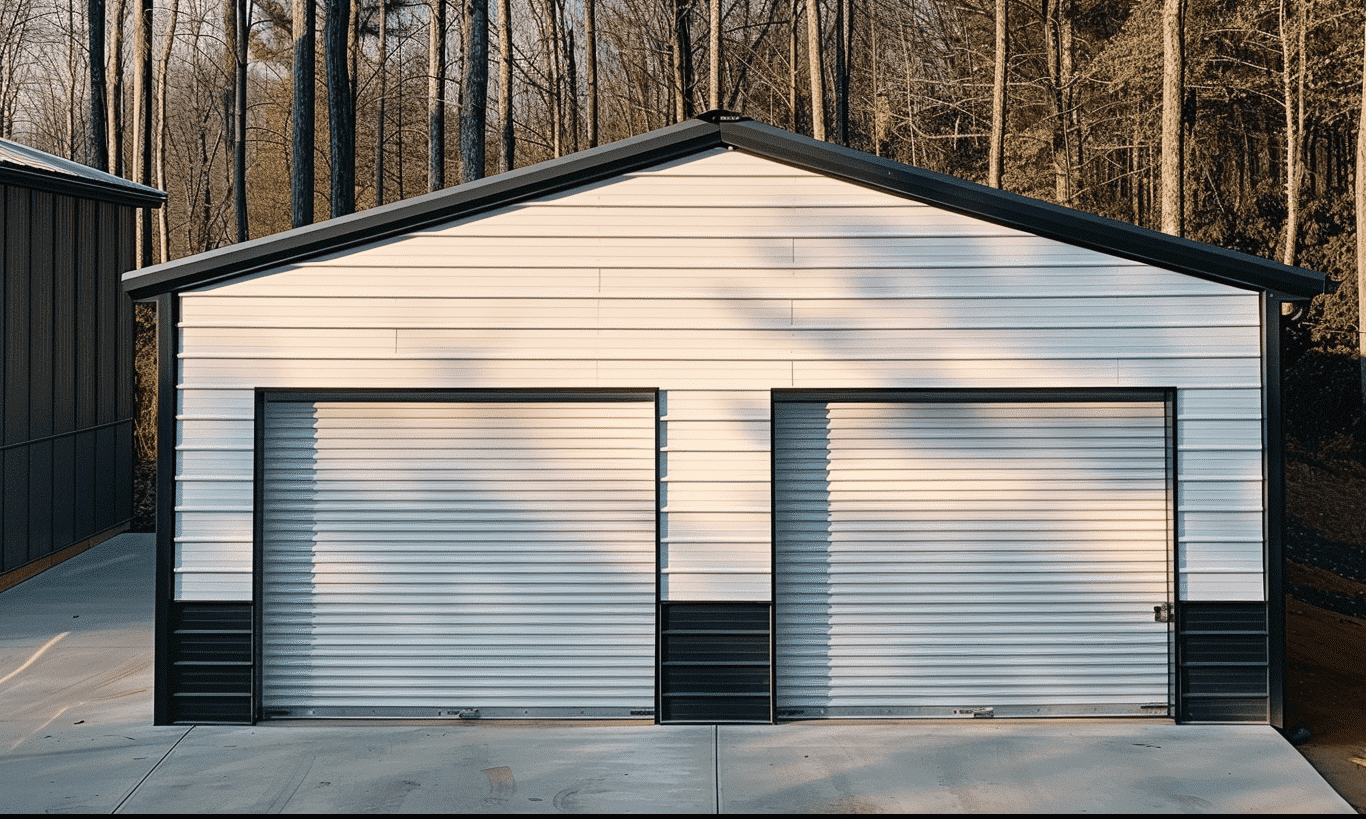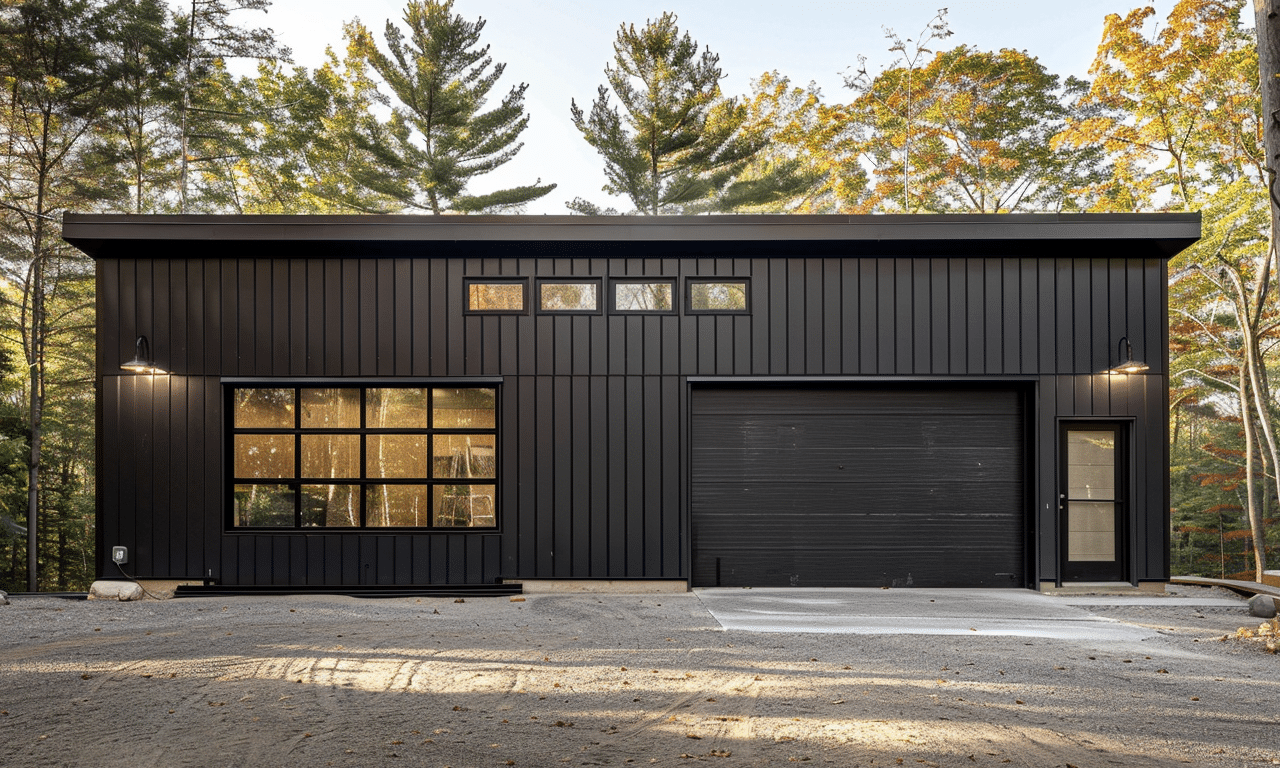Montreal’s Vision for More Off-Market Housing: A New Horizon for the Construction Industry
The City of Montreal has declared its mission to aid community organizations, housing cooperatives, and other groups in developing off-market housing, a move bound to shape the construction and real estate landscape in Montreal. This news follows a recent announcement depicting the city’s new plan to make it easier for these groups to build affordable, off-market housing, illuminating the city’s commitment to addressing the affordability crisis in its urban landscape.
Unraveling the Concept of Off-Market Housing
Off-market housing refers to the development of housing projects that fall outside the traditional real estate market. They are typically initiated by non-profit organizations, housing cooperatives, community organizations, or tenants themselves. The primary objective of off-market housing is to provide affordable living spaces, often targeting low-to-middle-income families, the elderly, and people with special living requirements.

Why Is Montreal Turning Towards off-market Housing?
The crux of Montreal’s policy targets a poignant issue most cities are grappling with: affordable housing. The city administration believes that fostering off-market housing development will help alleviate financial strain on most residents. This vision also leads to a more equitable city, wherein a diverse range of citizens can find housing tailored to their needs and income.
Opportunities for the Construction and Real Estate Industry
This move by the City of Montreal carves out a plethora of new opportunities for construction and real estate sectors. It sets the stage for innovation as developers, construction companies, and real estate professionals collaborate with community organizations to create novel housing solutions. Innovative solutions such as modular construction and metal housing can prove instrumental in delivering cost-effective, sustainable, and durable living spaces.

A Closer Look at The Role of Steel Buildings in Off-Market Housing
As the housing industry evolves in response to contemporary challenges, professionals are turning to sustainable, cost-effective materials. Steel buildings are leading the way as a versatile solution fit for diverse design requirements.
Economical metal buildings, for instance, can be customized rapidly with a variety of design features, colors, and layouts, making them an ideal option for organizations looking to provide quality, affordable housing.

Looking Forward: The Future of Off-Market Housing in Montreal
As Montreal gears up to make off-market housing more accessible via land sales to community organizations, the city serves as a beacon for other urban areas facing similar affordable housing concerns. Through effective collaboration, innovative construction methods, and a unified goal, Montreal’s vision for a more equitable housing market could become a replicable blueprint for other cities.
Concluding Thoughts
As construction and real estate professionals, it’s crucial to acknowledge and adapt to the evolving nature of our industry. Affordable housing shortage is a complex issue that requires proactive solutions like the development of off-market housing as Montreal is attempting.
This not only has the potential to drive business growth but also stimulate local economies, create job opportunities, and more importantly, ensure that everyone has a place they can call home. Stay tuned to see how Montreal’s move will inform and influence initiatives in other cities globally.
To stay updated on this evolving story and more, we invite you to visit the original news source link. Feel free to leave comments, share your experiences, or ask any questions you might have regarding the topic to fuel the conversation!




